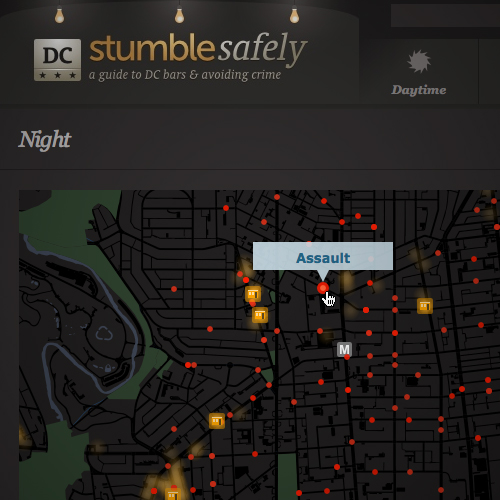"data.worldbank.org opens World Bank databases to all users and includes World Development Indicators (WDI) -- one of the world’s most reliable and comprehensive databases on developing economies. These data give a better understanding the human condition in some of the poorest countries and developing economies around the world. The site allows users several ways to access the data they are looking for."
It is worth reiterating that the primary goal of openness is the recognition that there could be additional expertise outside the organisation holding the primary data that could provide valuable know-how and boost creativity.
Series of tubes makes the important point that there are some caveats that need to be addressed, namely the fact that not everyone is an expert and that incorrect analyses of the data significantly decrease the signal-to-noise ratio in online content.
Indeed, as Anjoly noted, the internet amplifies everything about Human nature, and in this case, the question is: "how do we make sure that we amplify signal and not noise?"
This is not a new problem but the increasing need for appropriate curating of web content will become as urgent as ever as we move from scarce information to information overload thanks to the culture of openness.
There is a few points I'd like to make, starting with the obvious:
1) the abundance (/excess) of information (/raw data) in the public is a better alternative than the absence (/scarcity) of it. Less is not more, at least not yet. For instance, lack of openness about agricultural projects probably instigated the ongoing political crisis in Madagascar. Had the government been more open about potential land deals, it could have obtained suggestions from outside experts (IFPRI for instance) not only on how to optimize the land deal with Daewoo but also avert the political scandal that ensued.
Another example of the benefit of openness is the creation of applications like "stumble safely" in DC that allows people to bar hop and still avoid dangerous areas. (For the less bar-inclined folks, recovery.gov about monitoring spending is worth taking a gander at)
 ( Image from Alex Barth under CC-license)
( Image from Alex Barth under CC-license)2) There are major concerns with openness: Data used for ill intentions (see Bones' post), privacy and costs but also the sheer amount of contents produced that are just plain inaccurate.
The last concern can be solved the way Wikipedia has done it. For the information to be deemed valid, it has to be "verifiable from other sources". Its structure "enforces meritocracy and communal standards of editorship and conduct" and editors have to have " 75–80% approval rating from the community to take on these additional tools and responsibilities".
The point is that expertise tends to become more and more decentralized (in niche if you will) as subject become more and more specific. It is commendable for large governing bodies to seek out those experts. However, each community of knowledge can assess who are the authoritative figures on their specific subject matter through a selection process based on previous achievements and peer reviews. The good news is that this necessary selection process is happening in the open and in real time and that it is sped up by the advances in information technology.

Your weblog is fine. I simply need to touch upon the design. Its too loud. Its doing way an excessive amount of and it takes away from what youve bought to say --which I feel is de facto important. I dont know if you happen to didnt suppose that your phrases could hold everyones attention, however you have been wrong. Anyway, in my language, there usually are not a lot good source like this.
ReplyDelete